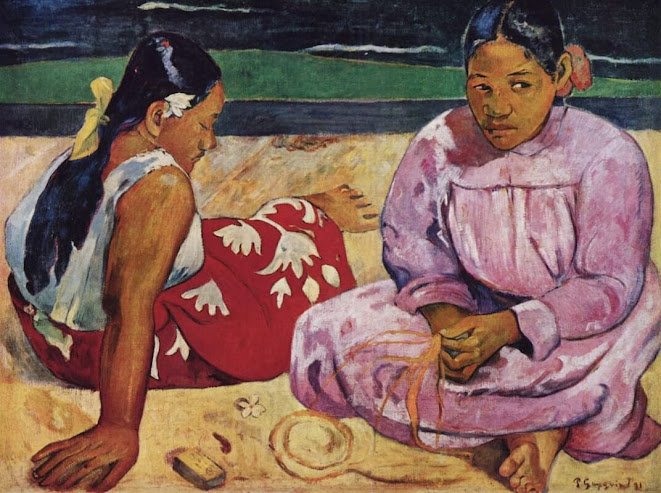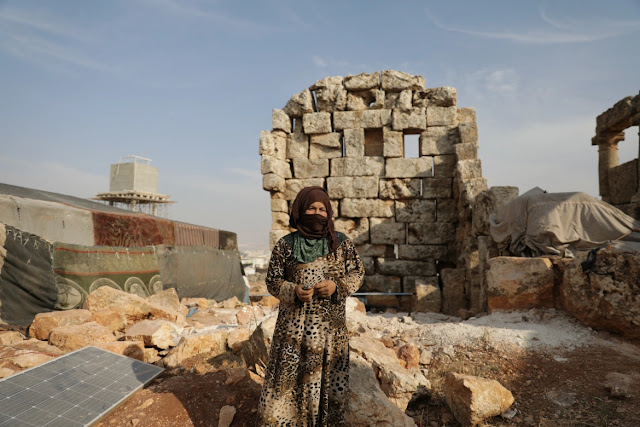from Yorkshire Pudding https://ift.tt/3FxZAtl
Gauguin
from Yorkshire Pudding https://ift.tt/3FxZAtl
it keeps on the windy side of care
from Going Gently https://ift.tt/3JoQukQ
The blessings we don’t count
This holiday has been an eye opening experience. I’ve had to be fully present to be in the Presence. I’ve savored silence so I can relish in the noise. There is a gratitude for so much, I can explain. And much that I cannot. I still have concerns, but I’m slowly releasing my need for an answer. Much of life I can’t formulate a response. That’s why I have to turn to the Greatest mystery yet the certain truth of life. I’ve never fully appreciated what a gift it is, to express emotions in this way. The written word. Every time I type, I get giddy anticipating your response. Thank you for being here for me and with me. I’m beyond grateful. Thank you.
from R's rue https://ift.tt/3evzxqW
Transience
I admit that I am a newsaholic. It's not something I am especially proud of but at every opportunity I check out the news - be it on this computer, via our various radios, in newspapers or on the television. Over decades I have devoted far too much attention to the news, absorbing it like human blotting paper.
That's a lot of time, a lot of concentration and a lot of mental energy that could have been devoted to better things like my own writing, reading for enjoyment or painting. I am a slave to the news and just cannot break the habit.
One thing I have noticed about the news is its transient nature. Newsworthy issues crop up, blossom for a while and are then summarily ditched - even though the original matters that attracted the spotlight may not have been resolved. In fact, things may have progressed or worsened. The cameras and the journalists often appear to have moved on - their editors blind to what's happening.
Just prior to COVID, the civil war in Syria was endlessly reported upon - day after day. You couldn't get away from it. What is happening there now? Should we assume that the strife and bloodletting are all over? No we should not. The conflict persists and ordinary people's lives continue to be shattered but news organisations apparently got bored with Syria. Let the refugees fester in their camps. Let Bashar al-Assad continue to weave his deadly spells.
Then there was the conflict in Yemen. Interestingly, it didn't get a lot of coverage in spite of what was going on but now it's as if the news media are in total denial about it. The stage curtain has come down even though the terror continues to happen with Saudi Arabia and United States weaponry still playing their deadly roles.
Unsurprisingly, I found myself in full agreement with Pope Francis when he said this on Christmas Day: "We continue to witness a growing number of conflicts, crises and disagreements. These never seem to end and by now we hardly even notice them. We have become so used to them that immense tragedies are being passed over in silence."
Closer to home, issues that have have attracted the news media for a week or two this year include the dearth of available lorry drivers to transport goods around the country. This is largely a result of the continuing Brexit fiasco which also saw problems with recruiting seasonal agricultural workers and meat processors. As news items, both issues appear to have simply evaporated even though the problems are ongoing.
How often do we learn of current affairs in Africa or South America? Whole continents are neglected for weeks on end even though newsworthy events occur there on a daily basis.
For the creators of news, the world often seems to be like a supermarket. They go in with their trolleys and pick random topics from the shelves before flagging them up to the public. Then next week there's another shopping trip as the old stuff is resigned to landfill. In fact, is it news or just another form of entertainment? Sometimes I really wonder.
from Yorkshire Pudding https://ift.tt/32u6fpZ

